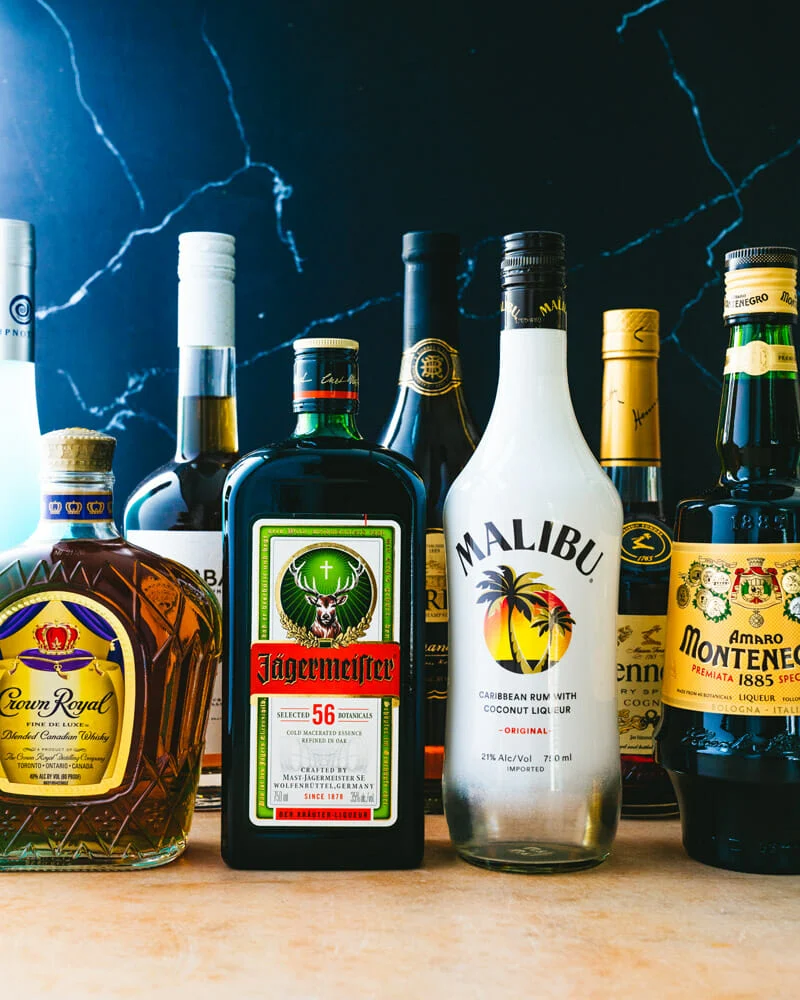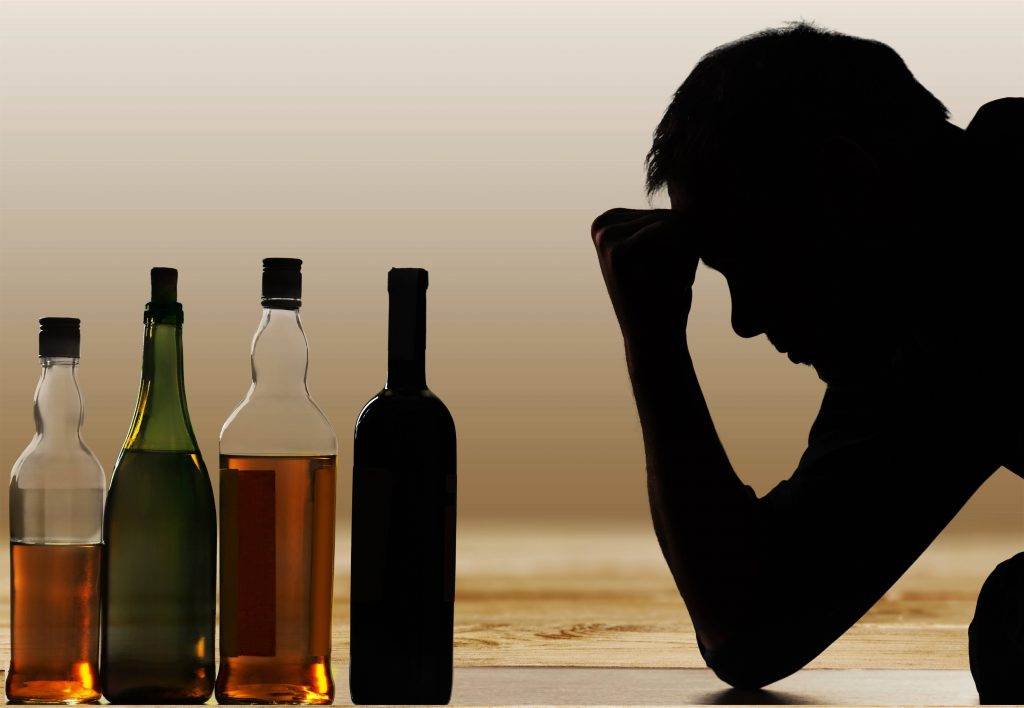What is Alcohol Withdrawal?
You may experience mental and physical problems if you consume alcohol regularly for a long time. This is alcohol withdrawal. The severity of symptoms can vary from mild to severe.
It’s unlikely you will experience withdrawal symptoms if you only drink once in a while. However, if you have experienced alcohol withdrawal before, it is more likely that you will experience it again when you quit drinking.
Alcohol withdrawal: Causes
Alcohol can have a depressive effect on the system, according to doctors. It can slow down brain function and alter the way nerves transmit messages back and forth.
Your central nervous system adapts over time to alcohol. Your body works hard for your brain to stay awake and your nerves to talk to each other.
Your brain remains in this state even if your alcohol level drops suddenly. This is what causes withdrawal.
Timeline for Alcohol Withdrawal Symptoms
Alcohol withdrawal symptoms can be mild or severe. Your symptoms will vary depending on how much and how long you have been drinking.
Six hours after stopping drinking. Mild symptoms may appear as soon as 6 hours after your last drink. These symptoms can include:
- Anxiety
- Shaky hands
- Headache
- Nausea
- Vomiting
- Insomnia
- Sweating
12 to 48 hours after your last drink: Other serious problems such as hallucinations and hallucinations can occur within this time frame. They may include hallucinations between 12 and 24 hours after you stop drinking and seizures within 2 days. It is possible to see, hear, and feel things that aren’t there. Learn more about the timeline for alcohol withdrawal symptoms.
48-72 hours after stopping drinking. Delirium tremens or DTs usually begin within this timeframe. These severe symptoms include severe hallucinations, delusions, and vivid hallucinations. They are only about 5% of those suffering from alcohol withdrawal. Some people may also have:
- Confusion
- Racing heart
- High blood pressure
- Fever
- Heavy sweating
How to Diagnose Alcohol Withdrawal
If you think you may be experiencing alcohol withdrawal, your doctor will ask questions about your drinking habits and when you last stopped. If you have ever been through withdrawal, they will want to ask.
They will also talk with you about your symptoms. They’ll also examine your symptoms to determine any other medical conditions.
Treatments for Alcohol Withdrawal
You won’t require more than a supportive environment unless you have a severe health condition or suffered from withdrawals in the past. This includes:
- A quiet place
- Soft lighting
- Contact with people is limited
- Positive, supportive environment
- Healthy food and plenty of fluids
Your doctor will recommend the best treatment if you are ready to receive it.
You should immediately dial 911 if your blood pressure or pulse increases or if you experience more severe symptoms such as seizures or hallucinations. Your doctor may recommend inpatient treatment and drug treatment.
Common medicines include benzodiazepines, which can treat symptoms such as anxiety and insomnia. Other drugs may also be prescribed, including anti-seizure and antipsychotic medications.
Can You Prevent It?
Alcohol withdrawal treatment is temporary and doesn’t address the root problem. Talking to your doctor about symptoms relief is a great idea. It’s also a good idea for you to talk to them about alcohol misuse or dependency treatment. Your doctor will give you guidance on how to stop drinking.




Post Comment